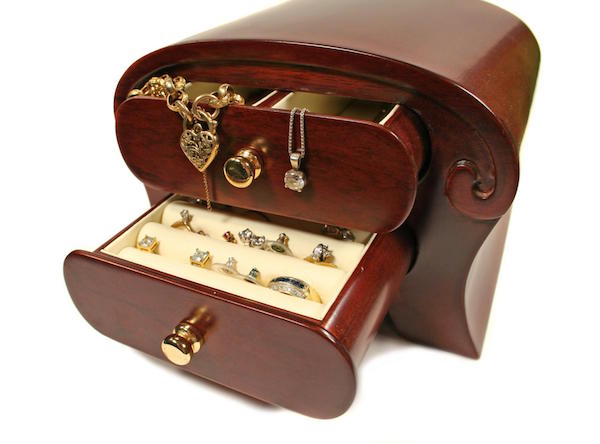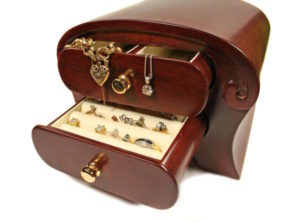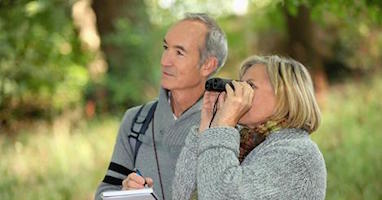A recent court decision in Victoria (Estrella v McDonald) is one of Australia’s first reported judgments resolving a claim for family provision involving a same-sex relationship.
The claimant said that he and the deceased had been in a secret de-facto relationship for 30 years, after they met in 1978 when the claimant was 17 and the deceased was 51.
The claimant said that he and the deceased had commenced a sexual relationship and that he had moved away from his family in the Philippines to live with the deceased’s family for several years. During the deceased’s final years, the claimant was living overseas.
During his life, the deceased had denied that the relationship was sexual in nature as he had apparently been embarrassed to publicly or openly acknowledge the relationship, for fear that it may not be accepted by their families or community.
The deceased had made no provision for the claimant in his Will, which solely benefitted the deceased’s children who defended the claimant’s allegations on the basis that their father and the claimant were “just friends” and that the claimant lived in their home as a boarder.
Details
















